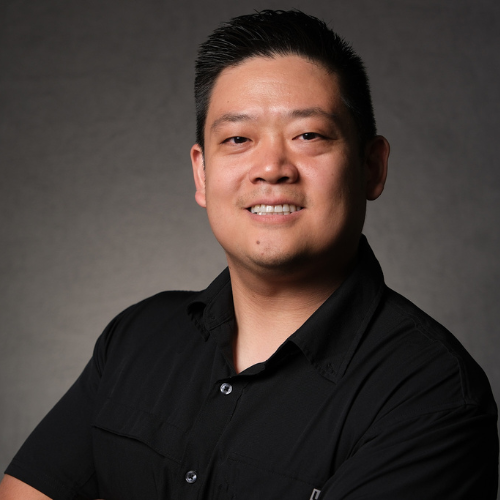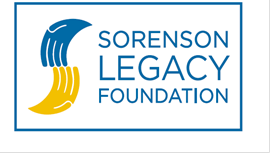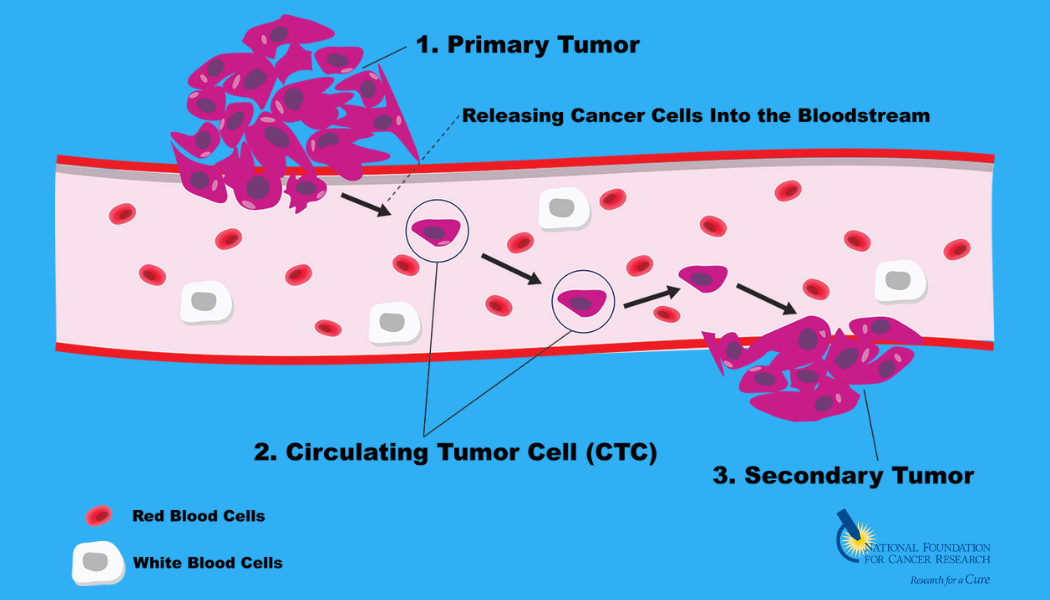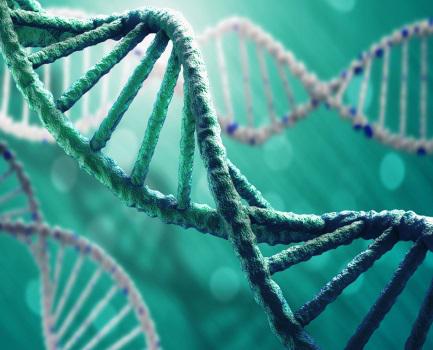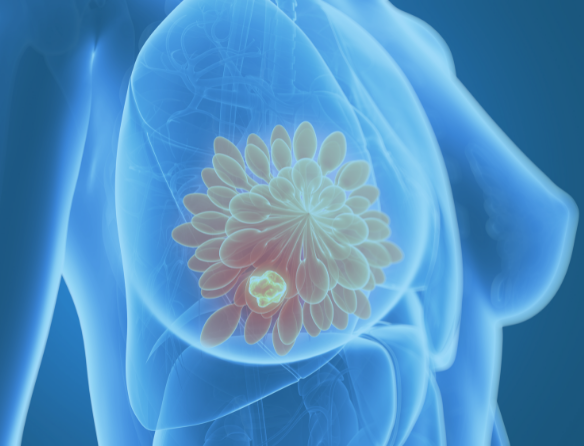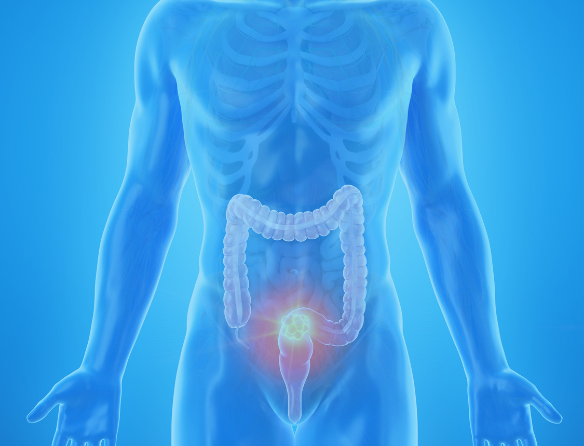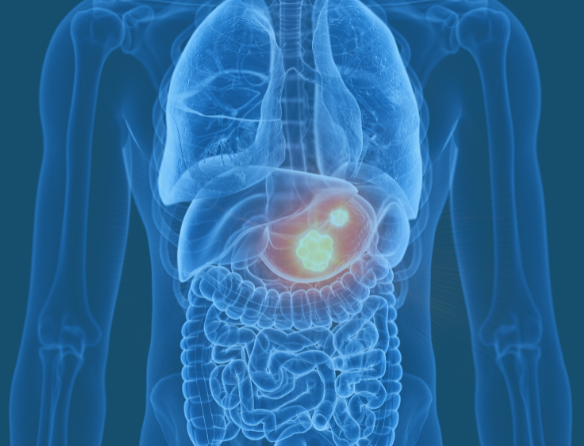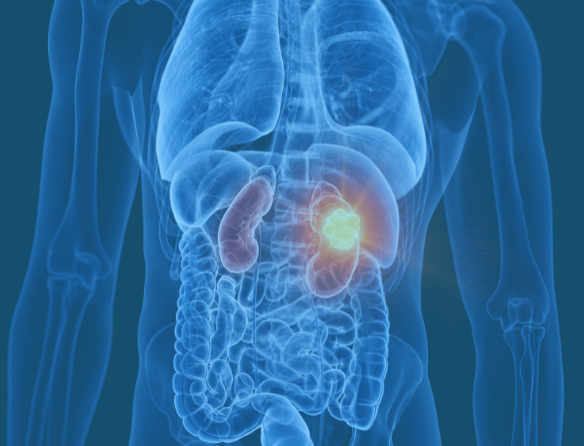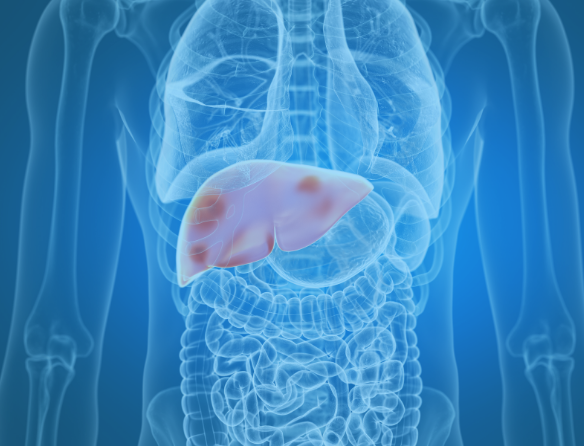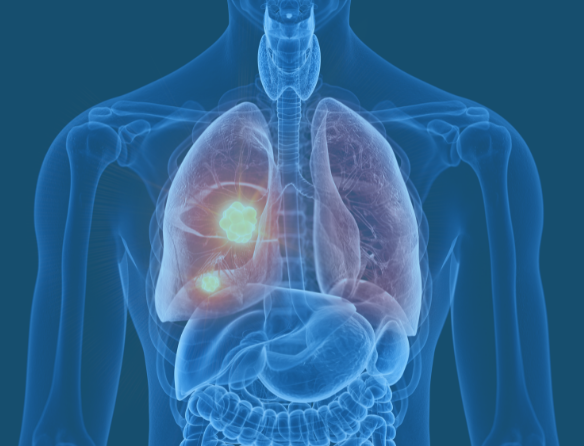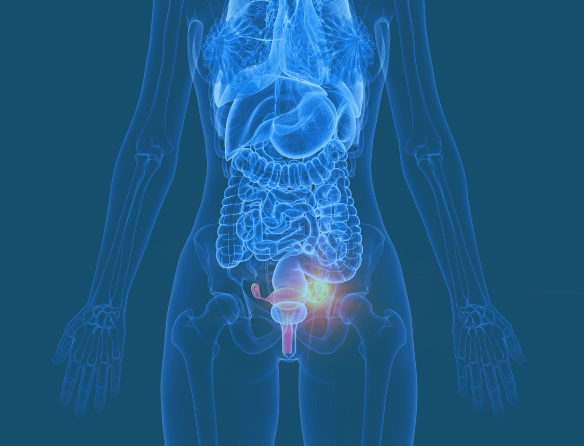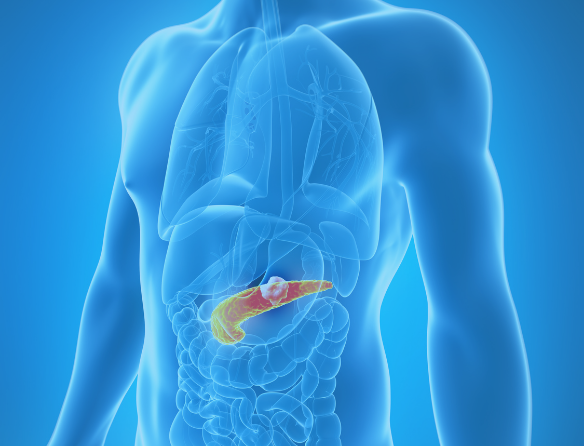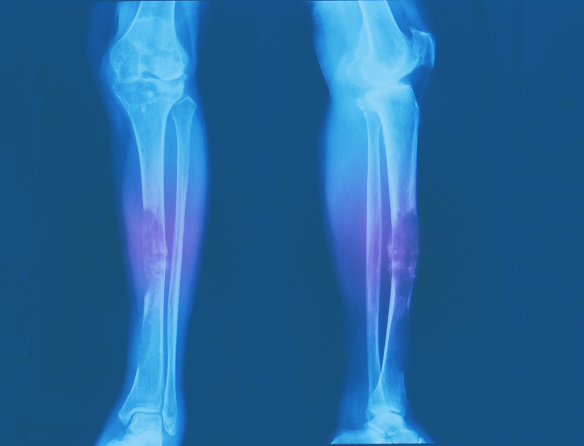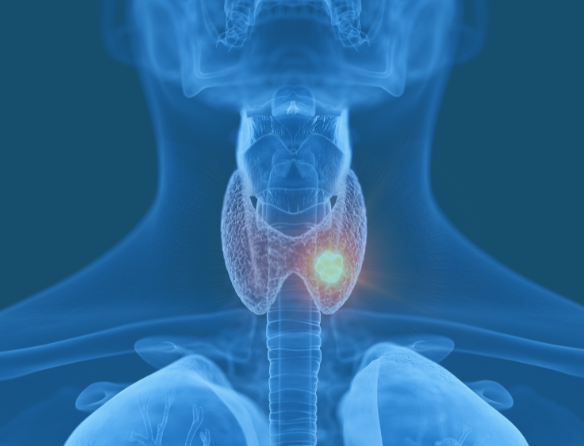Institute Research Scientist
The University of Texas MD Anderson Cancer Center
Houston, TX
Research Projects
Circulating tumor cells (CTCs) promote therapy resistance and the fatal spread of cancer, the leading cause of cancer-associated deaths in patients. More tumor models from patient’s CTCs are needed for translational research, which can advance treatments into clinical trials for development of effective treatments for advanced cancers and save patients’ lives.
Few groups have successfully developed tumor models from CTCs to allow translational research. Dr. David Peng is using the advanced cancer cell detection technology to develop 3D organoid culture systems from CTCs. Dr. Peng and his colleagues in the TRACTION platform at MD Anderson Cancer Center are using organoid systems, allowing the scientists to culture and expand cells from a small number of cells. 3D organoid culture systems, in which the cells are exposed to varying concentrations of nutrients, growth factors, oxygen, etc., more closely resemble the architectural and functional properties of tissues in the body (in vivo.) The tumor organoids from patient’s CTCs will be transplanted and grown in complex lab models. The organoid and lab models will allow Dr. Peng and his colleagues to sequence the tumors, select and evaluate response of CTC-derived tumors to current treatment options, and identify new therapeutic drug targets.
IMPACT
These invaluable organoid and pre-clinical models created from CTCs of cancer patients will allow translational studies to advance new treatments into clinical trials, and will ultimately improve patient survival.
Background
Dr. David Peng received a Masters of Engineering in Biomedical Engineering from Cornell University with his investigations of the mechanical and functional properties of various extracellular matrix (ECM) materials to optimize three-dimensional chondrocyte culture. He obtained his Ph.D. from the University of Texas MD Anderson Cancer Center for his research on the role of epithelial-to-mesenchymal transition (EMT) in regulating lung cancer ECM modulation, cell signaling, metastasis, and drug resistance. His academic research continued with a post-doctoral fellowship in these areas of lung cancer biology.
Dr. Peng was a scientist at Regeneron Pharmaceuticals to develop novel tumor models for target discovery and early-stage translational studies of clinical compounds in the pipeline. He returned to MD Anderson Cancer Center, in the TRACTION group (The Translational Research to AdvanCe Therapeutics and Innovation in Oncology) of the Therapeutics Discovery Division platform to continue his research in tumor model development to drive translational science and advance therapies into the clinics.



